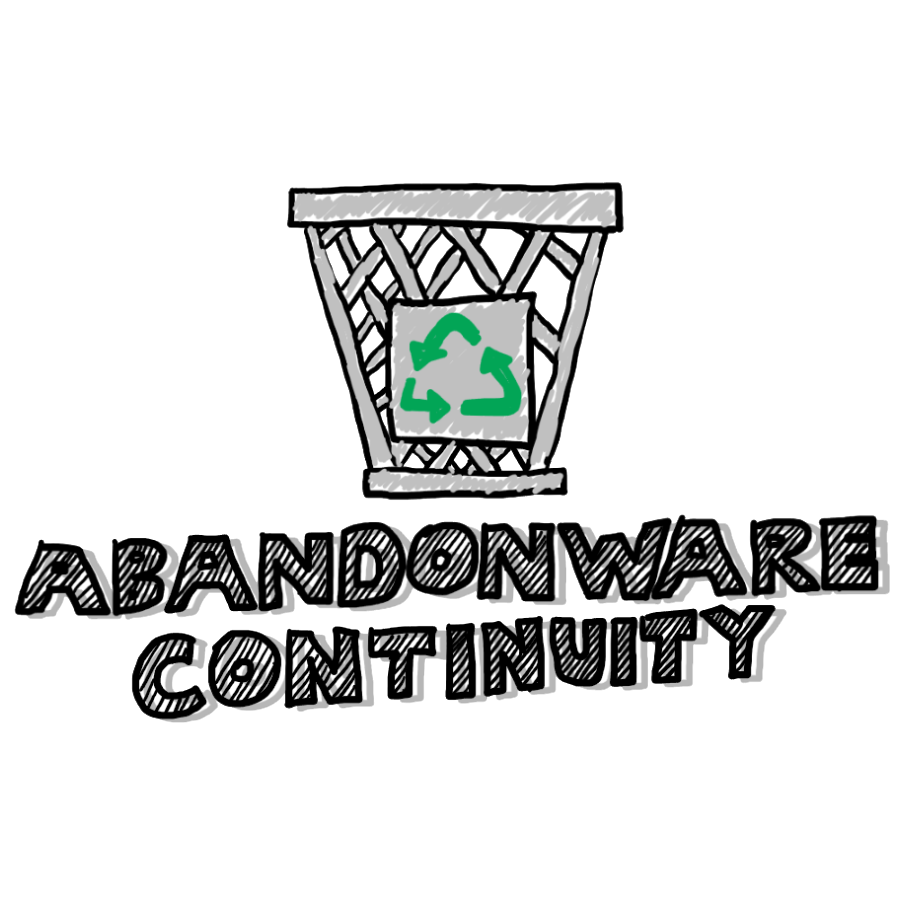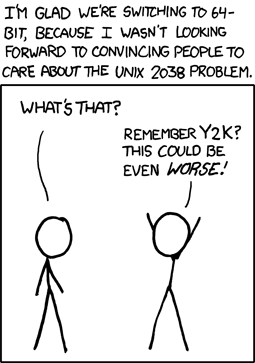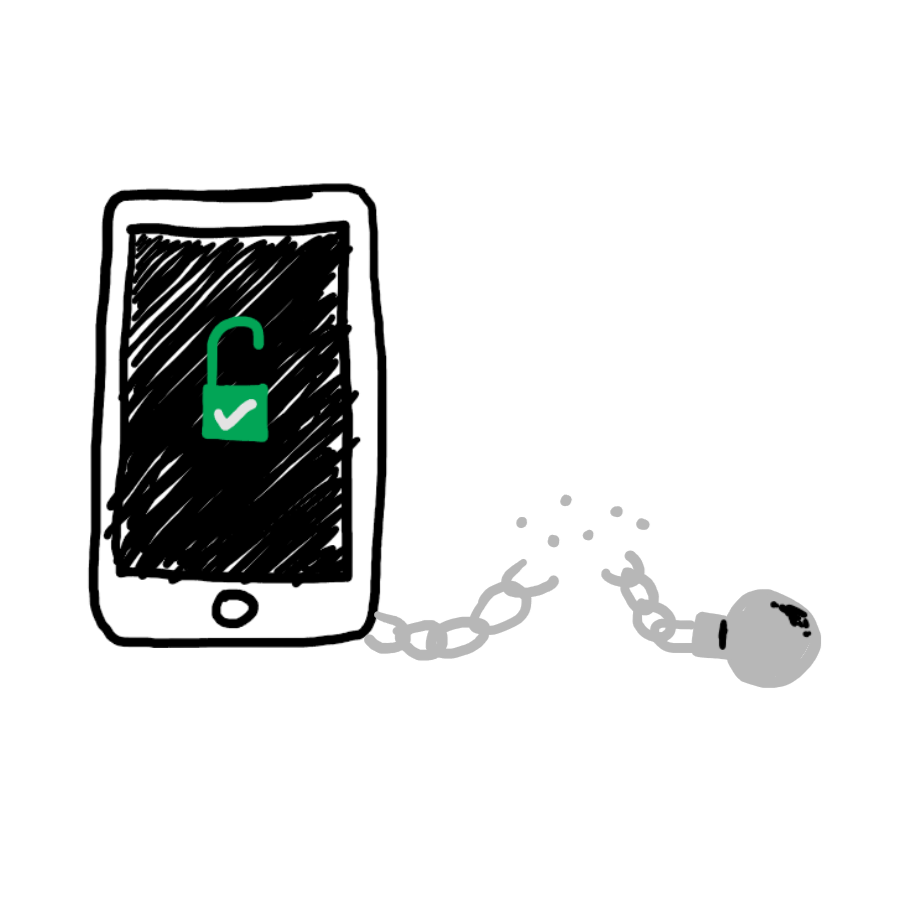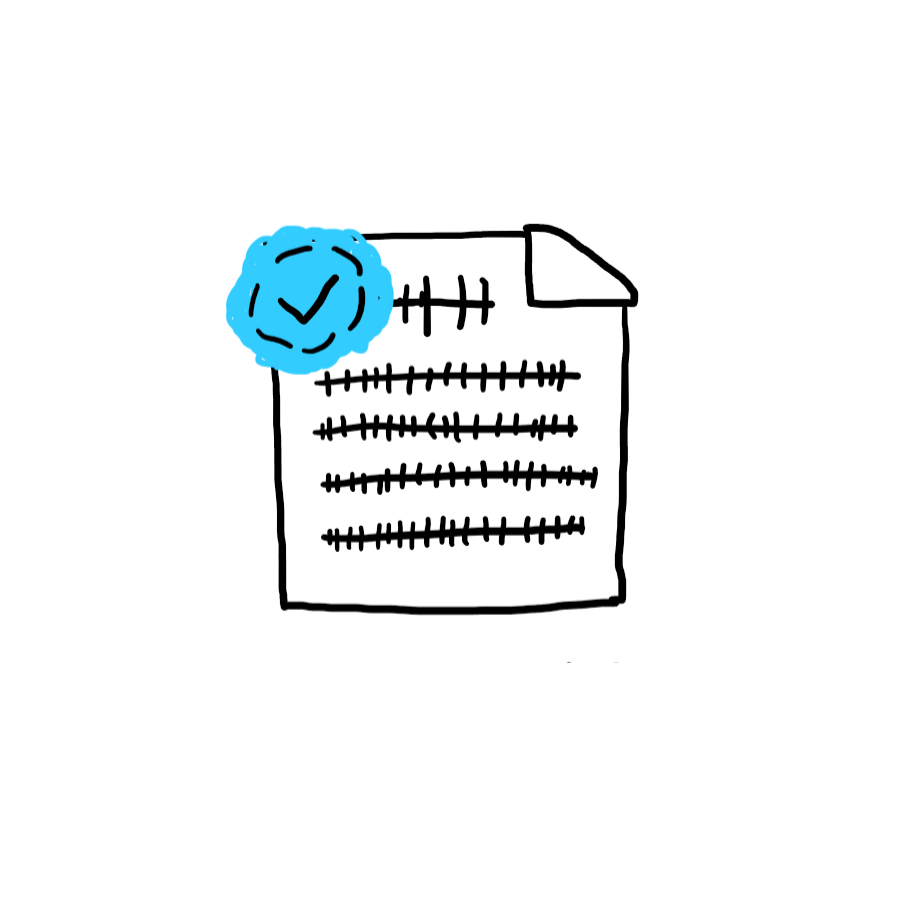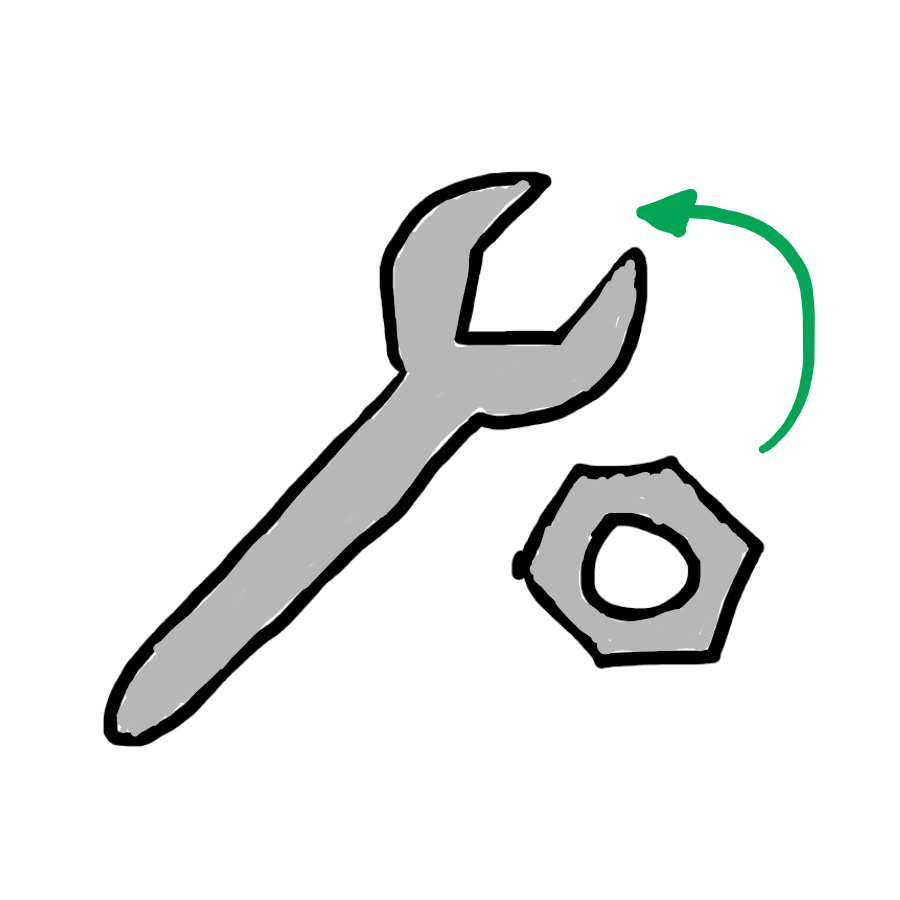How it works
Why abandonware continuity?
According to international intellectual property rights, you are the owner of any software that you write. That means that everyone needs your permission to use your code. If they don't get permission, they cannot use it until 70 years after your death.
For software, this can sometimes lead to issues, where people aren't able to update or use programs that they've previously bought from companies that no longer exist.
There is no point in preserving intellectual property if there is no-one left to claim ownership. Any software that is no longer owned or supported, should be released to the public.
How can we fix this?
A lack of continuity like this can cause a lot of damage, so companies should either "use it or lose it". Either the company continues supporting their software, or they refrain from claiming the software as their own - and allow users to modify and redistribute the software. This should give users enough freedom to solve their own issues, or to migrate their systems to new software offered by the publisher.
Allowing developers to continue abandonware for their own work allows users to solve bugs that may lead to nefarious results otherwise. If the original author of the work is unknown or the original author dropped responbility, it should be anyone's game.
Read more
- StackOverflow: How important is backwards-compatibility? [closed]
- Wikipedia: Abandonware
